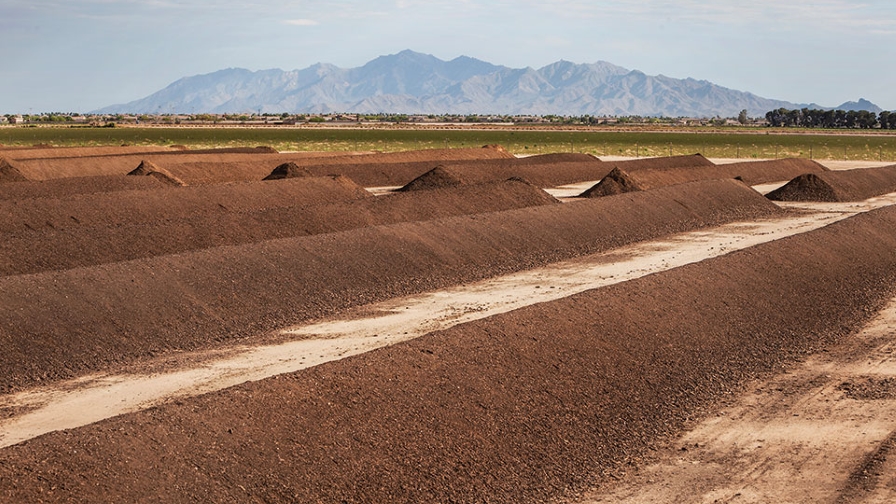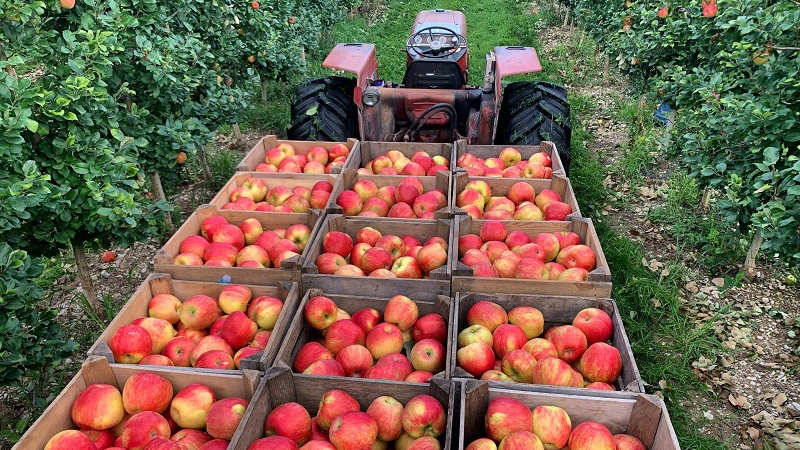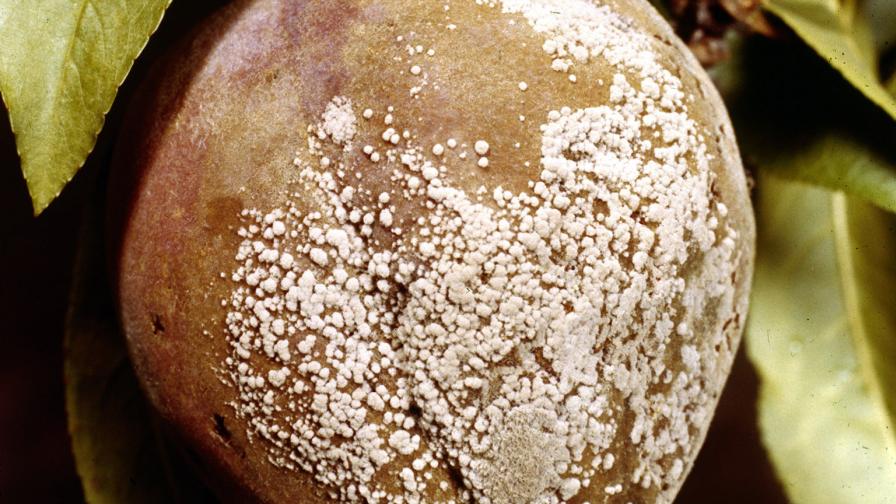Duncan Family Farms’ Compost in Six Steps

High-quality compost is Duncan Family Farms’ first line of defense for both our Arizona and New York organic operations.
1. Start with the Right Ingredients
We make our compost with different types of nitrogen (manures) and carbon (plant material) sources to help increase biodiversity in the soil and help us create a more balanced soil ecosystem.
2. Monitor During Critical Firing Up State
If we achieve our targeted raw material carbon to nitrogen ratio of 30:1 and maintain moisture levels of approximately 60%, then turning the windrows every few days will help the materials reach 140°F to 160°F. This primary compost phase can last up to two months.
3. Allow Compost to Mature
After the windrows cool to below 120°F, they begin their months-long curing phase, which is critical to create a fully mature soil amendment with plant nutrients that are now in forms more readily available to our crops.
4. Test for Foodborne Pathogens
We test all areas of our compost windrows — surface and internal, from top to bottom — for E. coli O157:H7, Listeria monocytogenes, and Salmonella. We conduct these tests at different stages and maturities. Diverse, manure-based compost can control human pathogens better than green-waste-only compost, we’ve found.
5. Assess the Quality
We then sample our compost for maturity, biodiversity, numbers of the diverse microbial populations, plant nutrients, and food safety.
6. Tweak Compost to Match Soil Needs
Soils are then sampled to determine major nutrient deficiencies. After the compost is cured, we add a mineral mix and let it sit in the compost for quite some time.
This process allows us to create a specific mix of minerals to blend in with our compost that, when applied to the soil, helps create a biologically diverse and nutrient-rich soil food web ready to support healthy and vigorous crop growth.
Learn more about which Duncan Family Farms’ organic methods work for both their desert and wet, cool Northeastern ranches.










